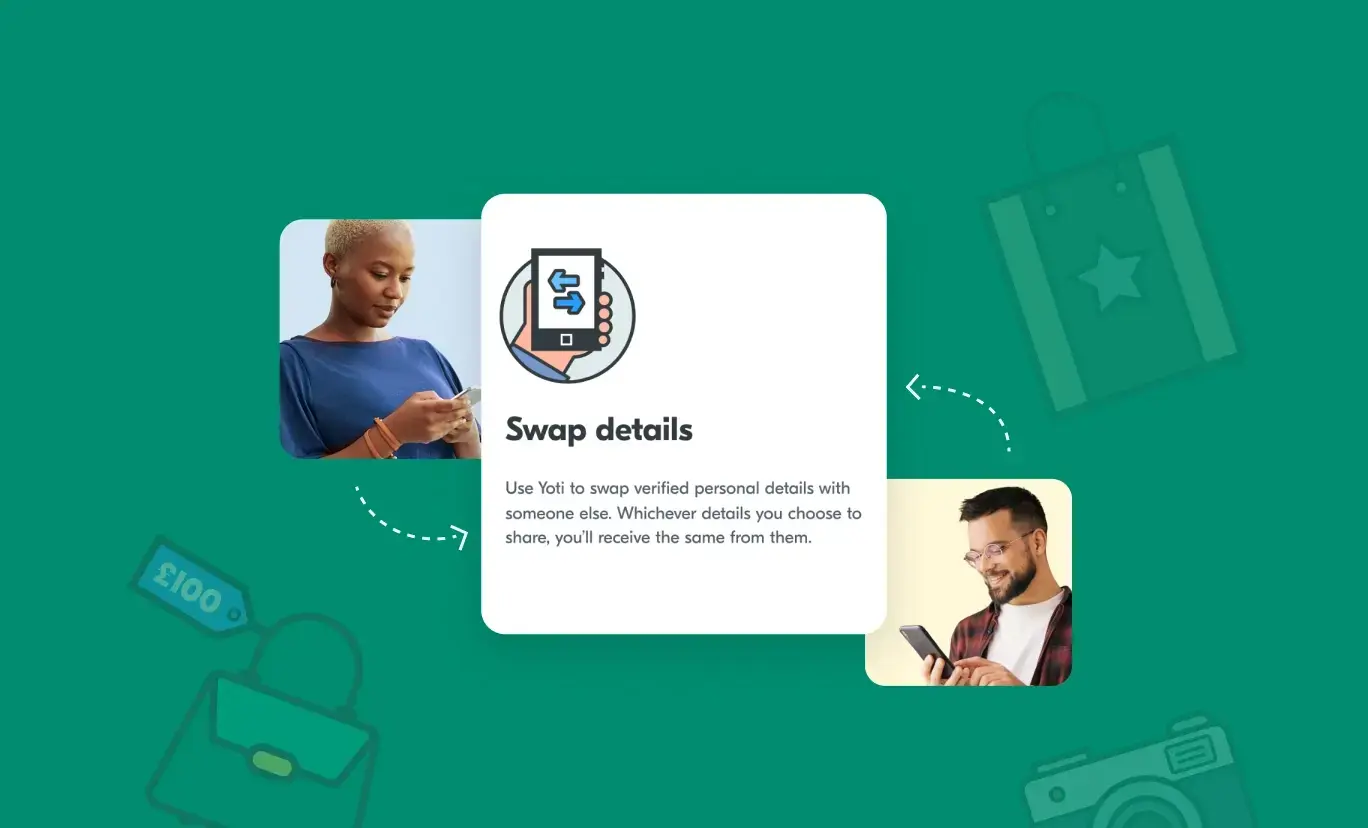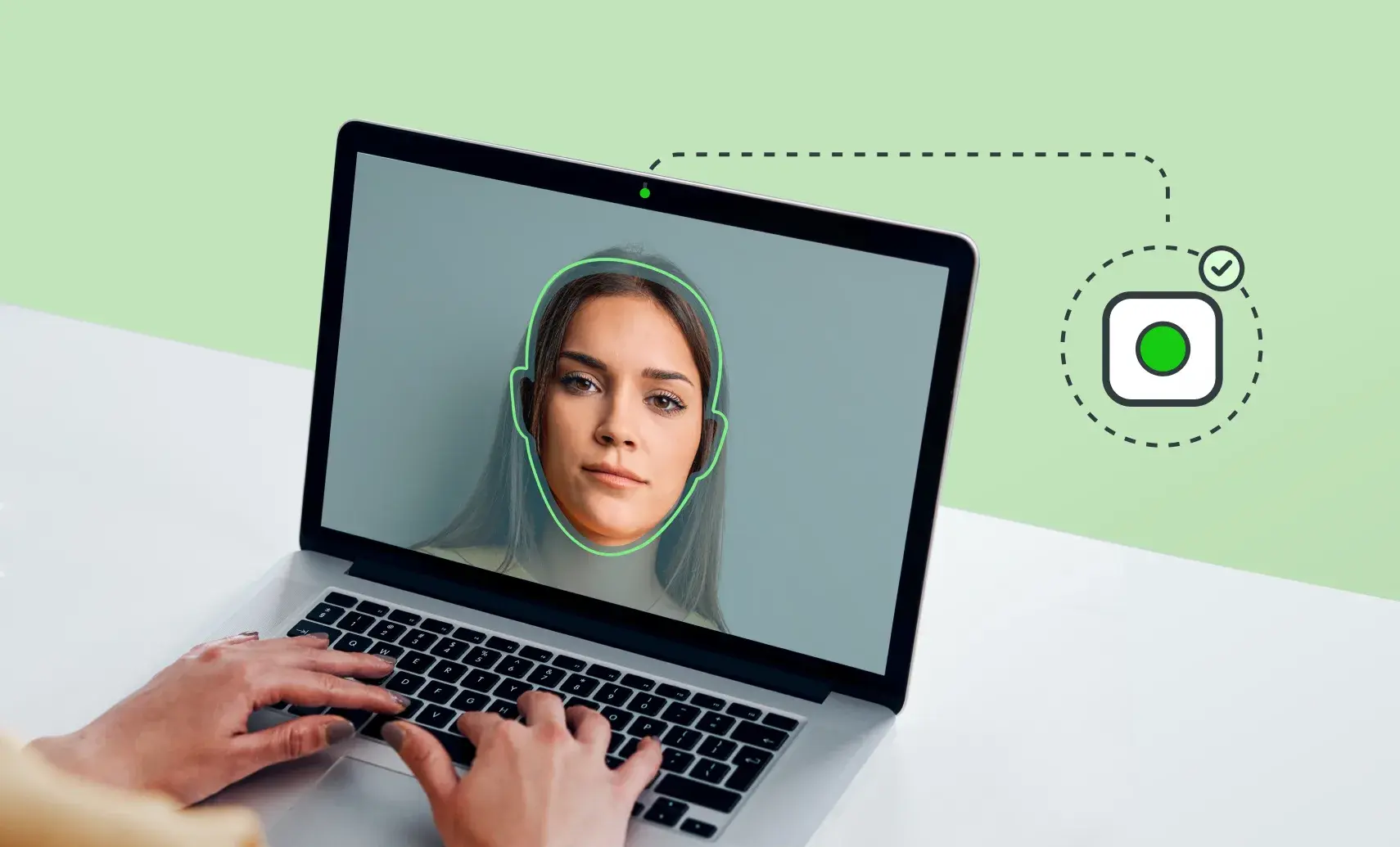
From clothes and accessories to furniture, toys and electronics, there’s a whole variety of secondhand items being bought and sold online. Over the last few years, the popularity of secondhand platforms has continued to grow. Sellers are keen to turn unused items into money and buyers are on the hunt for a bargain.
In fact, 63% of UK online shoppers say they’ve bought secondhand in the past year, compared to 37% who haven’t. Clothing is most popular, with 30% of people purchasing a pre-owned clothing item in the last year.
Our own research found that 65% of people will be using platforms like eBay, Etsy and Vinted to buy Christmas gifts online this year. And a report by GlobalData, for the resale specialist ThredUp, estimates that by 2028 the global secondhand market will reach $350 billion.
Despite the popularity of these platforms, there are some safety fears. A Which? survey of 1,300 buyers found that 32% had been scammed on secondhand marketplaces in the last two years. This chimes with our own research, which revealed that 30% of people have been scammed themselves or know a family member or friend who has been defrauded when buying on secondhand platforms. This is even higher for younger shoppers, rising to 56% for 16-24 year olds.
There is however a simple and effective tool you can use to protect yourself when buying or selling secondhand items online.
Stay safe with Digital ID peer to peer checks
Our Digital IDs have a unique feature called peer to peer checks. They let you swap verified details with another person. You select the details you’d like to swap, receiving the same information about the other person. It’s free and fast:
- Open your Digital ID app – use Yoti ID, Post Office EasyID or Lloyds Bank Smart ID.
- Tap “Share” and select the details you’d like to swap.
- Choose how to swap your details (via text, email or face to face).
- Once the other person has approved your request to swap details, you’ll get the exact same details from them.
Swapping verified details with another person builds trust. It’s a quick and simple way to be confident that the person you are buying from or selling to is a real and genuine person. After all, a scammer will not want to share their real identity details with you.
This safety tool is likely to become increasingly popular, with 58% of people saying they would consider using an app that verifies the identity details of buyers or sellers online.
Make sure you’re equipped with the tools to stay safe online this festive season.



